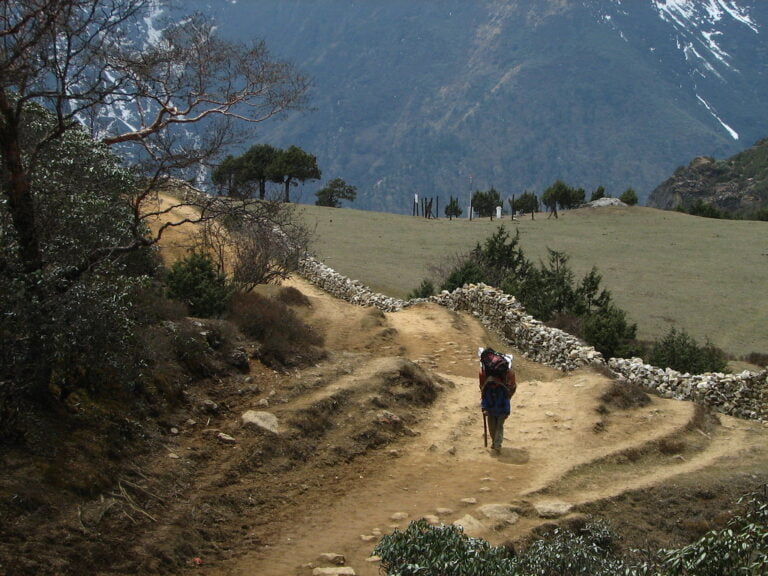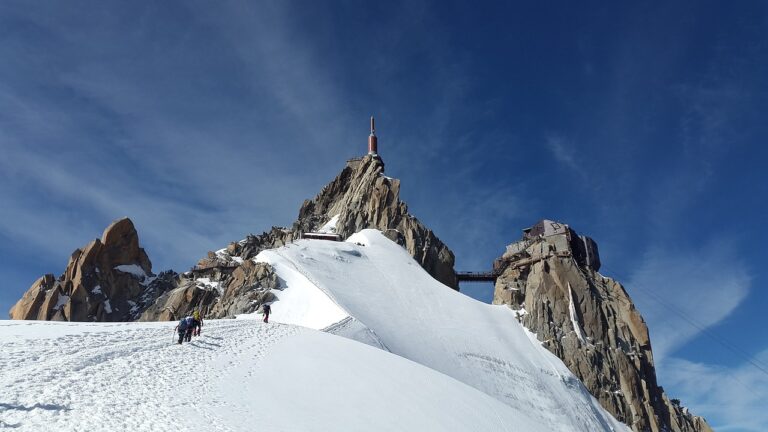Does Backpacking Make You Fit?
Backpacking is an intensely physical activity that necessitates a unique blend of strength, endurance, and agility, making it an ideal way to dramatically improve overall fitness and physical resilience. By carrying heavy packs over varied terrain and traversing challenging landscapes, backpackers push their bodies to new limits, igniting profound transformations within the cardiovascular system and musculoskeletal structure. Regular backpacking excursions can lead to substantial weight loss, increased strength, and improved overall physical fitness. As you venture further into the world of backpacking, you'll discover the secrets to releasing your full physical potential, and discover a deeper connection with the natural world.
Physical Demands of Backpacking
Carrying a loaded backpack over varied terrain for extended periods, often in unpredictable weather conditions, demands a unique combination of strength, endurance, and agility from backpackers. The physical demands of backpacking are multifaceted, requiring backpackers to navigate challenging landscapes, including steep inclines, rugged trails, and uneven terrain. Additionally, they must adapt to changing weather conditions, such as rain, snow, or extreme temperatures, which can further exacerbate the physical toll. As a result, backpackers must possess a high level of overall fitness, including muscular strength, cardiovascular endurance, and flexibility, to successfully complete their journey. By pushing their bodies to new limits, backpackers can develop a deeper appreciation for their physical capabilities and the natural world around them.
Calorie Burn and Weight Loss
As backpackers push their bodies to new limits, they often find that the physical demands of their journey yield an added benefit: a significant calorie burn that can lead to substantial weight loss. The cumulative effect of carrying a heavy pack, traversing varied terrain, and engaging in daily physical activity results in a substantial energy expenditure. Research suggests that backpackers can burn upwards of 4,000-6,000 calories per day, depending on factors such as pack weight, distance, and elevation gain. This calorie deficit can lead to a significant reduction in body fat, particularly if paired with a balanced diet. As backpackers shed pounds, they often experience improved overall health, increased energy levels, and amplified physical performance.
Cardiovascular Benefits Explained
During a backpacking trip, the sustained periods of moderate to intense physical activity can ignite a profound transformation within the cardiovascular system, ultimately yielding a multitude of benefits that augment overall health and performance. As the heart rate increases, cardiac output improves, and blood vessels dilate, allowing for improved oxygen delivery to the muscles. This adaptation increases aerobic capacity, enabling the body to efficiently transport oxygen and nutrients to the muscles, even at high elevations. In addition, regular backpacking trips can lower resting heart rate, improve blood lipid profiles, and reduce blood pressure, ultimately mitigating the risk of cardiovascular diseases. By challenging the cardiovascular system, backpacking fosters a stronger, more robust heart, capable of handling the demands of adventure and everyday life.
Building Strength and Endurance
Beyond the cardiovascular benefits, backpacking's unique combination of weight-bearing exercise and prolonged physical activity triggers a profound strengthening of the musculoskeletal system, forging a robust foundation for endurance and overall physical resilience. As backpackers carry heavy packs, their muscles adapt to handle the added load, leading to significant gains in strength and power. The constant movement and varied terrain also improve muscular endurance, enabling backpackers to sustain effort over extended periods. This strengthening of the musculoskeletal system has a ripple effect, enhancing overall physical fitness and reducing the risk of injury. By building strength and endurance, backpackers can tackle more demanding trails and enjoy a greater sense of accomplishment, further fueling their passion for the outdoors.
Backpacking Frequency and Consistency
Regular backpacking excursions, spaced at consistent intervals, allow the body to adapt and respond to the physical demands of carrying a heavy pack, thereby fostering a state of peak physical preparedness. As the body becomes accustomed to the repetitive stress of backpacking, it begins to undergo significant physiological changes, such as increased muscle strength, augmented cardiovascular endurance, and improved flexibility. Furthermore, consistent backpacking frequency enables the body to optimize its energy production and storage, allowing for more efficient fueling of muscles during prolonged periods of physical activity. By incorporating regular backpacking trips into one's routine, individuals can experience significant improvements in overall fitness and physical resilience.
Comparing Backpacking to Gym Workouts
How do the physical demands of backpacking, with its varied terrain, unpredictable weather, and heavy pack, compare to the controlled environment of a gym workout in terms of building overall fitness and physical resilience? While gym workouts provide a structured and controlled environment to build strength and endurance, backpacking offers a more dynamic and unpredictable challenge. The varied terrain and changing weather conditions of backpacking require adaptability, agility, and quick thinking, engaging multiple muscle groups and improving overall functional fitness. In contrast, gym workouts often focus on isolating specific muscle groups, providing a more limited range of motion and functionality.




